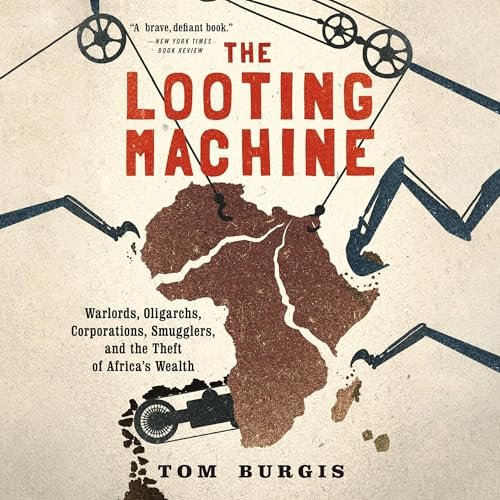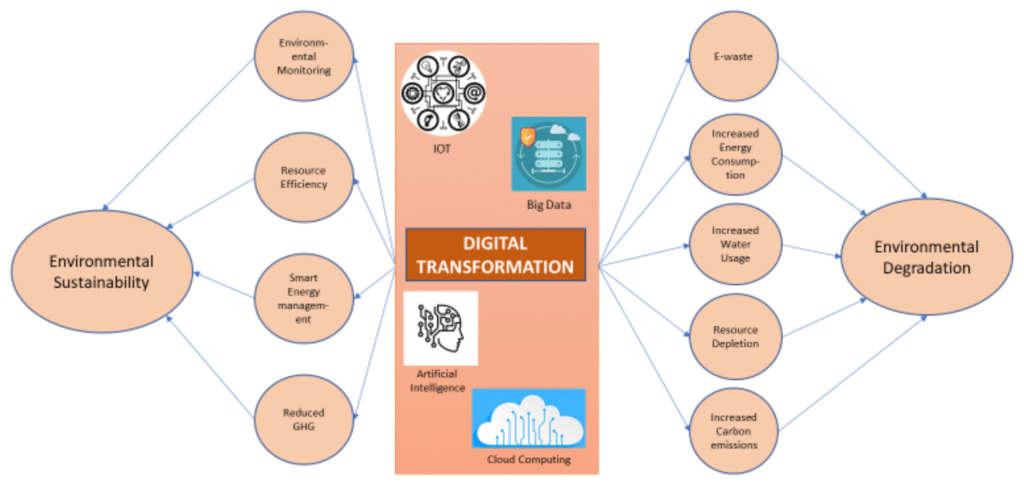Mining in Africa Book

A comprehensive “mining in Africa” book offers in-depth insights into the continent’s rich mineral resources, historical development, economic impact, governance challenges, and future prospects. These books are vital for students, professionals, investors, and policymakers interested in understanding how mining shapes Africa’s economy and global supply chains.
Here’s a guide to key themes and recommended titles that define this field.
1. Key Themes Covered in Mining in Africa Books
| Theme | Description |
|---|---|
| Geology & Resources | Overview of gold, cobalt, copper, lithium, diamonds, and rare earths across African terrains |
| History of Mining | From ancient trade routes to colonial extraction and modern industrial operations |
| Economic Impact | Contribution to GDP, employment, exports, and foreign investment |
| Governance & Policy | Licensing, taxation, corruption, and regulatory reform |
| Artisanal and Small-Scale Mining (ASM) | Livelihoods, informal trade, child labor, and formalization efforts |
| Environmental & Social Challenges | Land degradation, water pollution, displacement, and community conflict |
| Global Supply Chains | Africa’s role in EV batteries, electronics, and green energy minerals |
| Sustainability & ESG | Responsible sourcing, mine closure, and green mining initiatives |
2. Top Recommended Books on Mining in Africa
1. Mining in Africa: Regulation and Development – Edited by Abdul-Gafaru Abdulai
- Explores governance, regulation, and socio-economic impacts
- Case studies from Ghana, Sierra Leone, Tanzania, and Zambia
2. The Looting Machine: Warlords, Oligarchs, Corporations, Smugglers, and the Theft of Africa’s Wealth – Tom Burgis
- Investigative look at corruption and resource exploitation
- Highlights how minerals fuel inequality and conflict
3. Africa’s Extractive Industries: Politics, Histories, and Economies – Edited by Judith Verweijen & Jana Hönke
- Examines power dynamics in mining sectors across Central and Southern Africa
4. Minerals and Democracy in Africa – By Bonny Ibhawoh
- Links mineral wealth to governance, human rights, and democratic accountability
5. The Artisanal Miner and the State in Africa – By Laura S. Phelps
- Focuses on small-scale mining, formalization policies, and livelihood strategies

3. Who Should Read These Books?
- Students & Academics: In geology, economics, political science, and African studies
- Investors & Industry Professionals: Seeking market intelligence and risk analysis
- Policymakers & NGOs: Working on resource governance, sustainability, and community development
- General Readers: Interested in Africa’s role in global mineral supply chains
4. Where to Access These Books
- University libraries (especially African Studies or Mining Engineering departments)
- Online retailers: Amazon, Google Books, Springer, and JSTOR
- Open-access platforms: ResearchGate, African Journals Online (AJOL)
- Publishers: James Currey, Oxford University Press, Palgrave Macmillan
5. Emerging Topics in New Editions
Recent publications increasingly cover:
- Critical minerals for EVs (lithium, cobalt, graphite)
- AI and digital transformation in mining
- Green mining and carbon neutrality goals
- Gender equity in artisanal mining
- Blockchain for ethical mineral tracing
These reflect the evolving nature of mining in a globalized, tech-driven world.

FAQs
Q1: Is there a definitive book on mining in Africa?
A1: No single book covers everything, but Mining in Africa: Regulation and Development is widely cited as authoritative.
Q2: Are these books available online?
A2: Many are available as e-books or PDFs through academic databases and publishers.
Q3: Do any books focus on artisanal mining?
A3: Yes—The Artisanal Miner and the State in Africa provides deep insight into informal mining systems.
Conclusion
A well-researched mining in Africa book delivers essential knowledge about one of the continent’s most influential industries. Whether examining resource governance, environmental impact, or economic potential, these works provide a 10/10 foundation for understanding Africa’s place in the global mining landscape.

